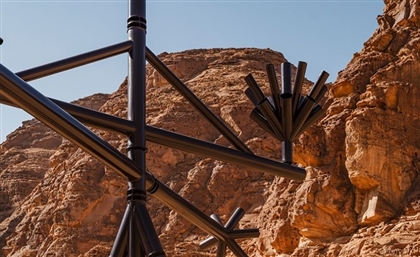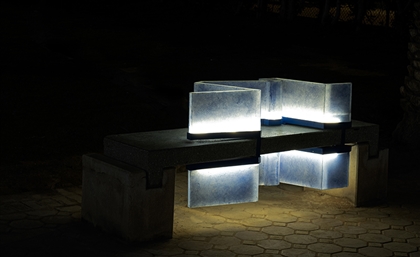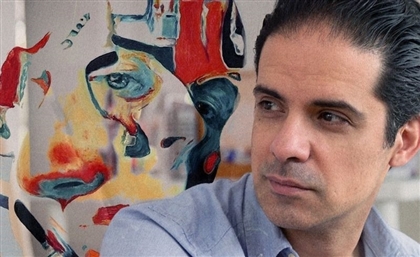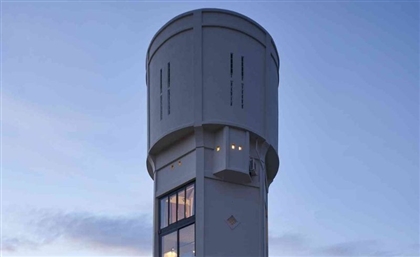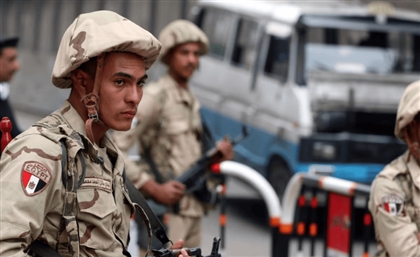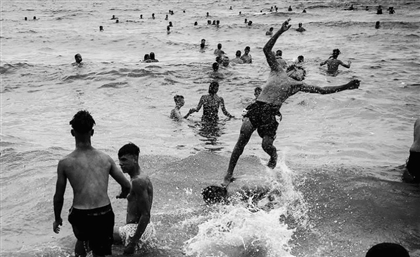Royal Commission for AlUla to Analyse More Than 25,000 Inscriptions
A digital database will use 3D scanning to document inscriptions from the Iron Age to early Islam.
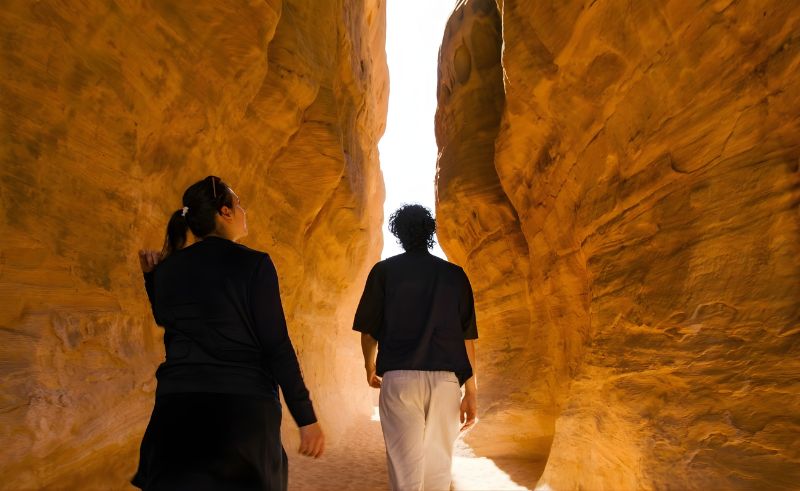
The Royal Commission for AlUla launched an integrated research project to analyse and document more than 25,000 inscriptions found at sites across AlUla. The initiative will build a comprehensive digital database by conducting linguistic analysis, recording the inscriptions with 3D scanning, and linking them to their historical and cultural contexts to support specialised research on the history of writing in northwestern Arabia.
According to the Royal Commission for AlUla, the inscriptions span a long timeframe beginning in the Iron Age and reflect a diversity of languages and scripts, reaching ten across the region’s sites. Jabal Ikmah features prominently with Dadanitic and other Ancient North Arabian texts and was inscribed in UNESCO’s Memory of the World register in 2023. The site is often described as an “open library,” reflecting the density of carved texts and underscoring ongoing cooperation between the Royal Commission for AlUla and UNESCO on heritage protection and research capacity building.
Jabal Al Aqra includes early Islamic Arabic inscriptions associated with historic pilgrimage routes, while paths between Dadan and Hegra contain some of the earliest Arabic inscriptions linked to trade and pilgrimage periods. In the valleys, including Wadi Abu Oud, Lihyanite inscriptions and rock carvings depict everyday scenes and tribal symbols that illustrate human interaction with the natural environment over centuries.
The project also cites the Zuhayr inscription, dated to the year 24 AH, as evidence of the early spread of Arabic writing and its role in documenting transformations in AlUla during the early Islamic era. Alongside fieldwork and documentation, the programme includes training opportunities for archaeology students and those interested in documentary heritage, as well as community outreach to raise awareness of the region’s epigraphic legacy.
Findings will be published in specialised academic outputs to support teaching and research across language, history and archaeology. The Royal Commission for AlUla stated that the project reflects its ongoing commitment to cultural heritage protection and providing reliable academic knowledge on the civilisations and languages that flourished in the area for more than three thousand years.
- Previous Article MillerKnoll Launches in Egypt with Style Design
- Next Article El Gouna’s Botanica Grows Your Plate Right Next to Your Table








